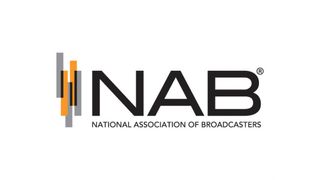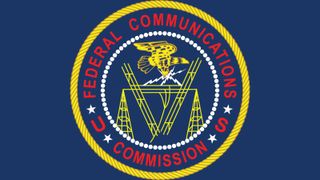NAB: EEO Rules Don't Need Beefing Up


The FCC does not need to beef up its EEO rules, and might even want to consider reducing station obligations.
That is according to the National Association of Broadcasters in comments to the commission which argued for a collaborative approach rather than FCC "command and control."
It said that broadcasters already "make every effort to nurture a diverse local workforce" because it is the right thing to do for their businesses and community. As to the FCC's inquiry into whether it needs to "improve" enforcement or compliance, NAB said the current rules already "push the outer limits of constitutionality" and should think twice before "investing in more intrusive rules." It also said there is no evidence that boosting EEO requirements and reporting will "meaningfully improve diversity in the broadcast workplace," adding: "If anything, commission should consider ways to streamline the current procedures."
NAB argues the FCC should reduce its EEO audits, which are a drain on stations, it says, particularly small ones, and work with industry on education about EEO opportunities, training and networking.
Under a remand by a federal court, the FCC is required to consider the impact of its policies on broadcast diversity when undertaking its upcoming quadrennial review of media ownership rules, now an even stronger mandate with the court's decision two weeks ago to vacate earlier media deregulation by the FCC under chairman Ajit Pai because the FCC failed to adequately gauge that impact, though that was primarily about diverse ownership rather than employment.
Before that recent court smackdown, FCC chair Ajit Pai had signaled he had no plans to re-institute the form 395-B data collection of the racial makeup and gender of broadcast staffs, as Democrats have pushed for, but suggested he is not alone in his issues with that form.
It has been well over a decade since the FCC collected information from broadcasters on the gender and diversity of their staffs--stretching over Republican and Democratic administrations--a point the FCC's Democratic commissioners made back in February when the FCC voted to eliminate an EEO reporting form.
Broadcasting & Cable Newsletter
The smarter way to stay on top of broadcasting and cable industry. Sign up below
The holdup has been whether or not to keep that info confidential, with the data collection suspended since 2004. The Dems said that should have been resolved by now, and should be resolved, and the form reinstated, before the FCC weighs in again on diversity, as Pai had signaled it will do in the Further Notice of Proposed Rulemaking on EEO compliance and enforcement whose deadlines the FCC has just extended.
Contributing editor John Eggerton has been an editor and/or writer on media regulation, legislation and policy for over four decades, including covering the FCC, FTC, Congress, the major media trade associations, and the federal courts. In addition to Multichannel News and Broadcasting + Cable, his work has appeared in Radio World, TV Technology, TV Fax, This Week in Consumer Electronics, Variety and the Encyclopedia Britannica.

